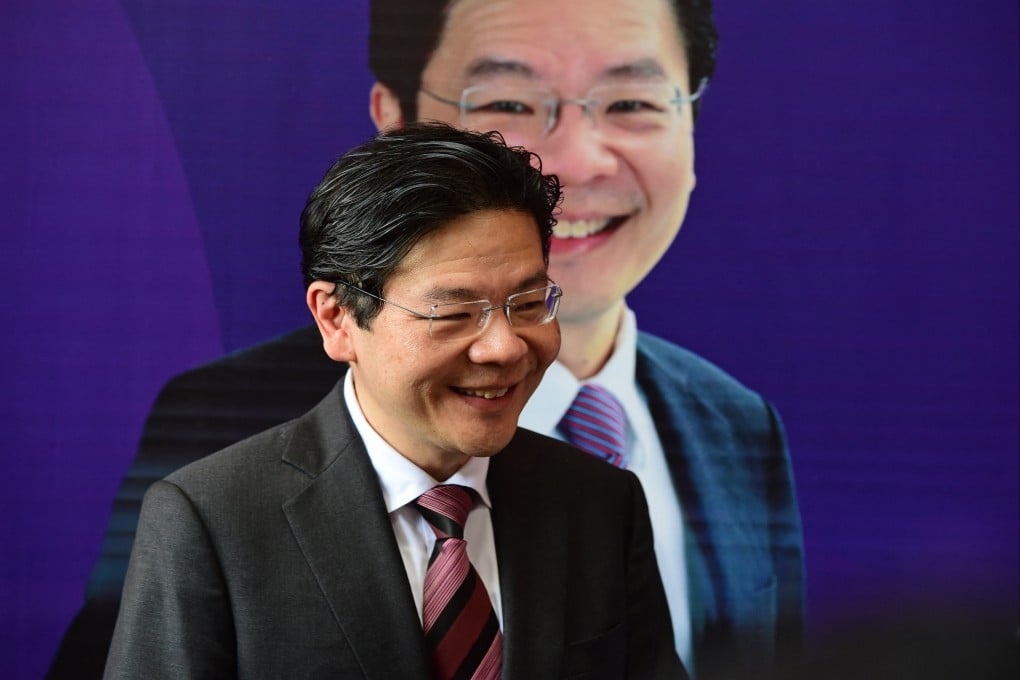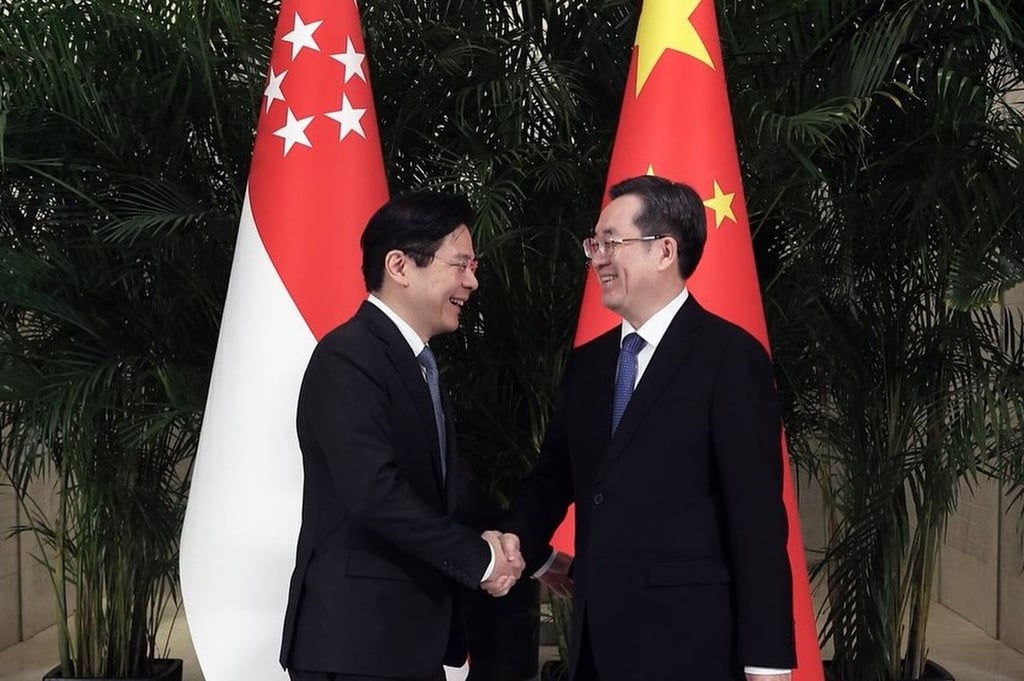Advertisement
Are US-China ties in ‘challenging environment’ the biggest test for Singapore’s next PM Lawrence Wong?
- Navigating US-China ties will be Wong’s biggest test as PM, analysts say, in a volatile region increasingly influenced by major powers
- Singapore’s unwavering stance that is neither ‘pro-China’ nor ‘pro-US’ is a way of insulating itself from internal and external pressures, analysts say
Reading Time:4 minutes
Why you can trust SCMP
7

Singapore’s incoming prime minister Lawrence Wong faces an unprecedented challenge amid geopolitical headwinds that may threaten his adherence to a delicate balancing act that has defined the city state’s foreign policy, analysts say.
Advertisement
Wong, currently deputy prime minister, shed light on his governance style in an interview with The Economist on Monday, reaffirming a “pro-Singapore” approach that was neither “pro-China” nor “pro-US”.
On US-China ties, Wong said there were many “possibilities for things to go wrong, for tensions to flare up”.
“It will require very careful management of the relationship. Because if things were to deteriorate sharply, it’d be costly for both the US and China and for the rest of the world.”
Analysts say navigating such a relationship will be the biggest test for Wong, as the tiny state finds its place in a volatile region increasingly influenced by bigger powers.

Wong asserted that Singapore was not an ally of the US, explaining the two countries’ close military links as a mere feature of their defence relationship as major security cooperation partners.

Advertisement